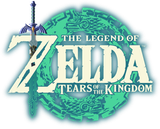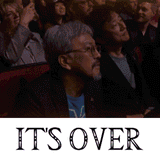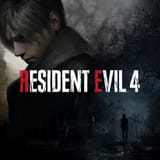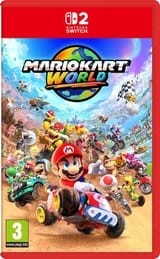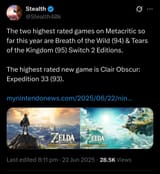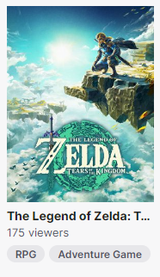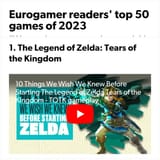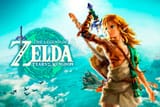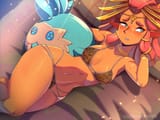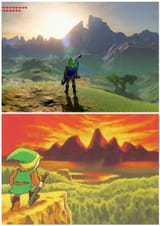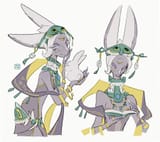>>719963951
I can't relate to this. I played Ocarina of TIme when I was 10 years old, and the feeling was never "Omg so big" like it was when I played Oblivion 5 years later. It's an entirely different appeal. What got me with Zelda was the feeling that it's a truly immersive "adventure" and storyline. But where games like Uncharted falter on the hard seperation between cutscenes and the game loop, Zelda felt like a game where everything you see and do in the game IS the story. So the whole "Omg you can just GO ANYWHERE, and BE INSIDE THE WORLD" doesn't get to me, since the feeling of being actively involved in a storyline is hampered by this freedom.
What I always took away from Zelda based on Ocarina of Time being "the definition" I grew up with, it was always contrasted to all other games I would play, whether it's GTA, Skyrim, RPGs or Shooters, that Zelda are games with THE PERFECT BALANCE between "too open" and "too linear".
And that's literally it to me. I like GTA IV and Zelda games almost equally for slightly different reasons, but the thing both are extremely good at, is making me feel like everything is diagetic in the game's story and what you're doing in the video game of things. But what Zelda has that many other games don't, is it has a monomythic design structure. Everything being compartmentalized into "dungeons" that are found within the open world would be very boring if it was a movie, but as a video game, the dungeons kind of tell the story of the main character's growth. If you watch Spider-Man, it's exciting to see Peter Parker learn he has super powers, flail around without knowing what that makes him; becoming the city's hero; being challenged as a hero, and ultimately ending in a life or death fight with Green Goblin and his suit is almost ripped off.
And Zelda channels that same "oomph" with how you're expanding your toolbox as you go, and the story develops along with dungeons becoming more "mature" as the game progresses.
